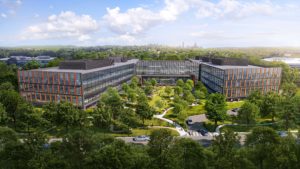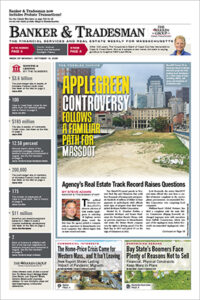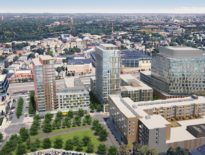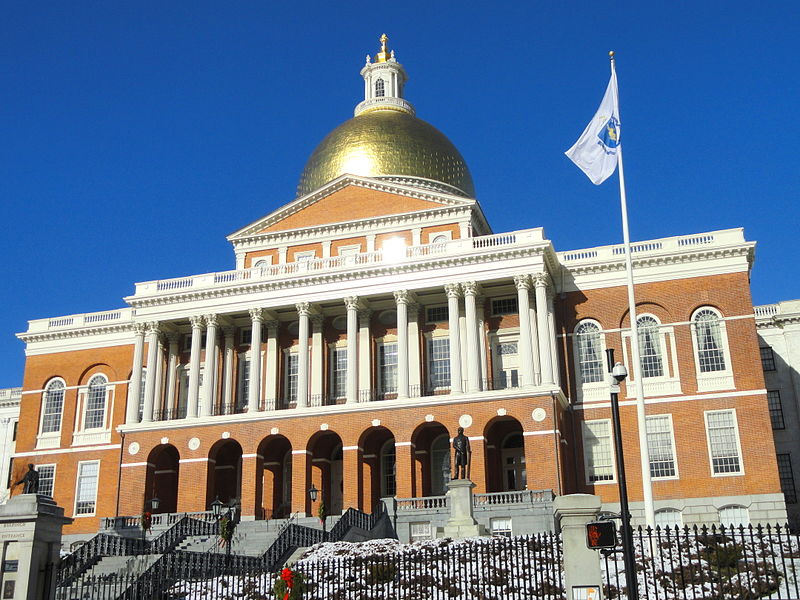
Developer Hobbs Brook Management is confident in the demand for big blocks of new office and lab space in the suburbs and is working on a 500,000-squarefoot spec building in Waltham scheduled for completion in 2021.
Massachusetts’ biotech industry is rapidly growing, but a new report makes clear just how much.
With 4,300 new jobs added, the biopharmaceutical industry in Massachusetts tracked its highest year-to-year job growth in over a decade from 2017 to 2018, according to the Massachusetts Biotechnology Council. The same report noted commercial lab space in the state has grown by 70 percent over the last decade, to 30 million square feet.
The council on Tuesday released its annual “Industry Snapshot,” which found that biopharma employment has grown 35 percent over the last 10 years as companies have added nearly 20,000 jobs.
“The Massachusetts biopharma industry continues to grow and innovate at an incredible rate, creating both challenges and opportunities for companies who must fill their pipeline of talent to meet the increasing demands on their services,” MassBio president and CEO Robert Coughlin said in a statement. “We’re focused on efforts to support both the infrastructure needs of the commonwealth in terms of employee housing and transportation, and also creative ways to ensure that a diversity of companies, from small startups to established biotechs, have the investments and resources they need to sustain this growth.”
The report quantifies the economic impacts of the industry – which has 74,256 employees in Massachusetts, earning an average annual wage of $161,281 – at a time when advocacy groups have been urging lawmakers to pass drug pricing and transparency reforms, and after MassBio described a MassHealth drug cost control provision in this year’s state budget as “not a win for the life sciences industry.”
MassBio’s report said that venture capital investment in Bay State biopharma companies rose to a new high of $4.8 billion in 2018. In the first two quarters of 2019, the state’s biopharma industry raised only $1.5 billion. If that trend continues, it will put the industry back in line with its $3 billion per year average from 2015 to 2017.
Sixty-three percent of that venture money – more than $2.8 billion – went to companies in Cambridge. The next-largest hubs of venture-backed companies in 2018 were: Boston ($754 million), Waltham ($256 million), Bedford ($231 million) and Newton ($129 million). Cambridge was also home to the vast of majority biopharma initial public offerings in the state last year, with 14 of the 18 Massachusetts IPOs. Boston, Lexington, Waltham and Woburn all had one IPO each. Thirty-one percent of all U.S. biotech IPOs in 2018 were from Massachusetts companies, the report said. The nine IPOs from Massachusetts biotechs in the first half of 2019 accounted for 35 percent of the U.S. total during that time period.
Private investment in the industry has been supplemented by public investments. Gov. Charlie Baker in June 2018 signed a life sciences bill that calls for $473 million in capital spending over five years and extends and expands a job-creating state tax credit to $150 million.






